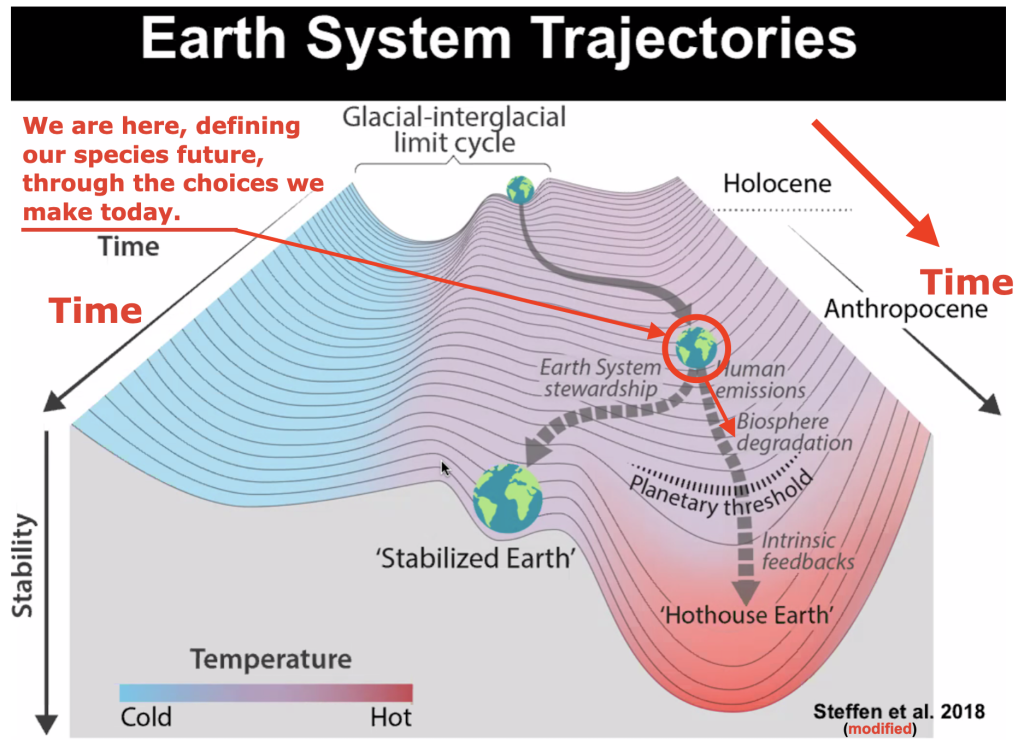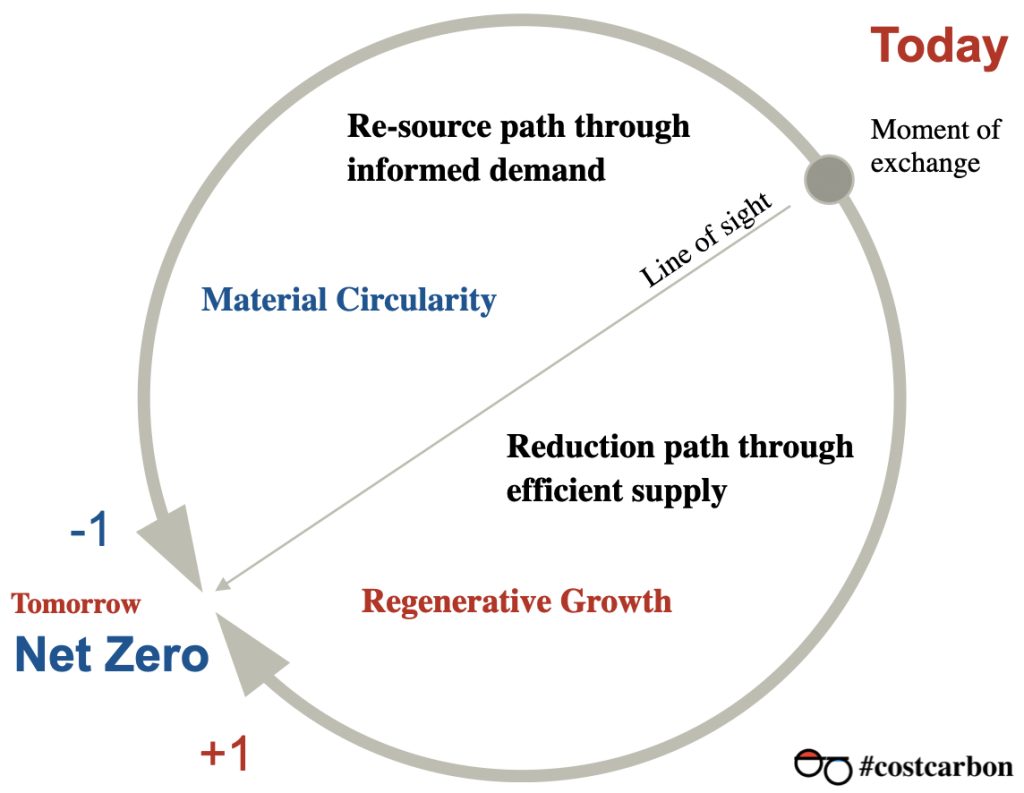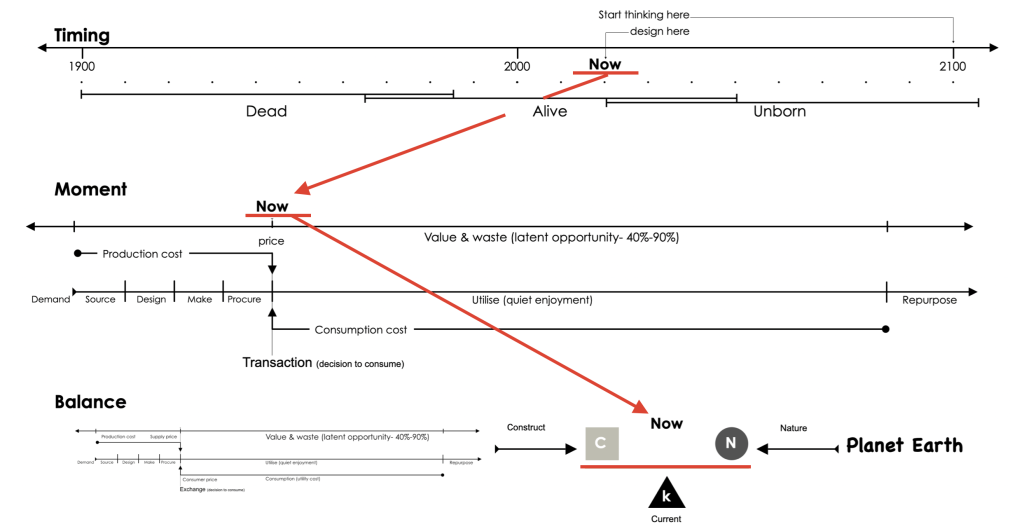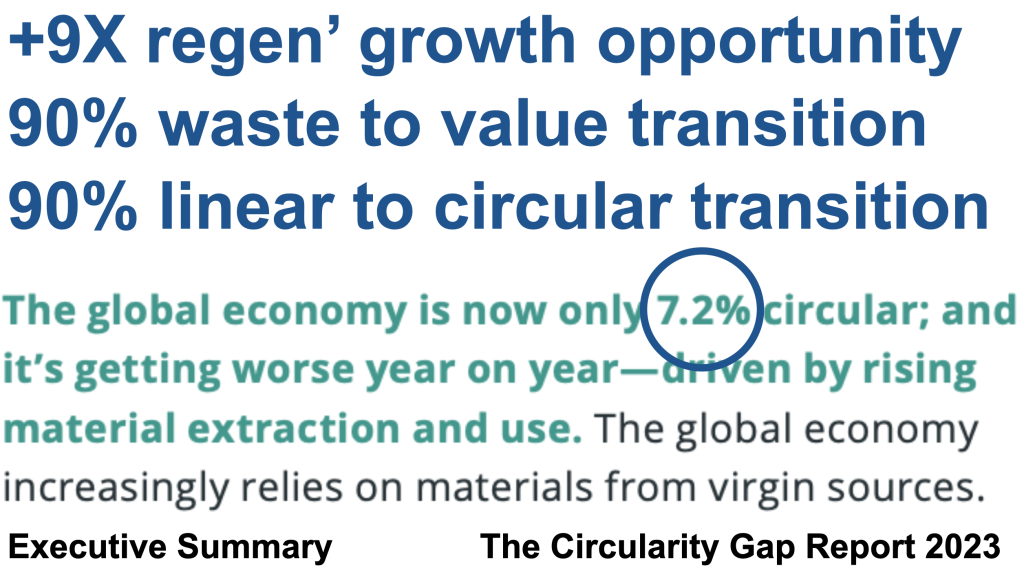History
CostCarbon.org was founded in 2012 with an appreciation that; the carbon atom is common to all life on Earth, and as the primary global warming metric, represents an integral bond between nature and the global economy.
Carbon bridges the gap between Earth systems and us inhabitants; the human species.
Hard experience suggests that commitments made by governments and business are frequently reneged upon, or changed either for ideological motives or new management.
Evidence demonstrates that GDP as a solitary measure of growth fails to value most of the activity that communities rely upon, such as volunteering and child rearing, or the regeneration of natural and previously utilised resources.
We then asked ourselves:
- “How would the economy operate if it was designed with what we know today and what is needed to be resilient into the future?”
- “How do we transition in an orderly manner at the pace and scale necessary and not distort the existing system but make it stronger and more resilient?”
- “How do we embed democracy and justice into the transition and arrive at a more equitable economy?”
We imagined:
- An economic system that would be benign to all that exists today and endure to the year 2100.
- A system design to enable Earth System stewardship and to maintain a steady state or Stabilised Earth.
We came up with a globally applicable and locally adaptable system that will unlock lost and latent value to generate exponential growth in a regenerative economy.

Looking at the world from these perspectives, we are compelled to ask:
What will bring different parties with divergent values together to use a logic of counting and accounting of carbon that unlocks lost and latent value in business and government?
Initiating consumer demand and lowering costs for business creates two commercial incentives.
This will double the pace of transition change towards a circular economy and the opportunity for regenerative growth.

There are those who believe that power is up above, and they don't notice that it's actually in the hearts of the great masses.
Jose Mujica
Ordinary people doing ordinary things that add value; artists, scientists, thinkers and practitioners, trades, philosophers, journey workers, farmers and carers questioning the existing systems of value extraction, exploitation and waste.
In our quietest moments every one of us are ordinary people.

Value is the opposite of waste. Waste is anything that does not add value.
Taiichi Ohno
The existing economy is; single metric, linear, extractive and on a terminal trajectory.
The system fails to understand value or synchronise with the infinite complexity of living systems. It is, in fact, locked in mortal combat with them.
This dependence on the extraction of value creates an unparalleled opportunity for regenerative growth by capturing lost and latent value at source, in place and time.
90% of value is wasted.
A regenerative economy protects and sustains the living systems that people in communities and life on Earth depends upon. We are driven by the conviction that real economic growth must be regenerative and inclusive if it is to meet our potential within Earth’s tolerance of us.
The current economic model is built on the false premise of infinite resources. All economic transactions are quantified using a monetary metric. This metric is leading to collapse of natural systems, planetary warming, waste, inequality and poverty.


